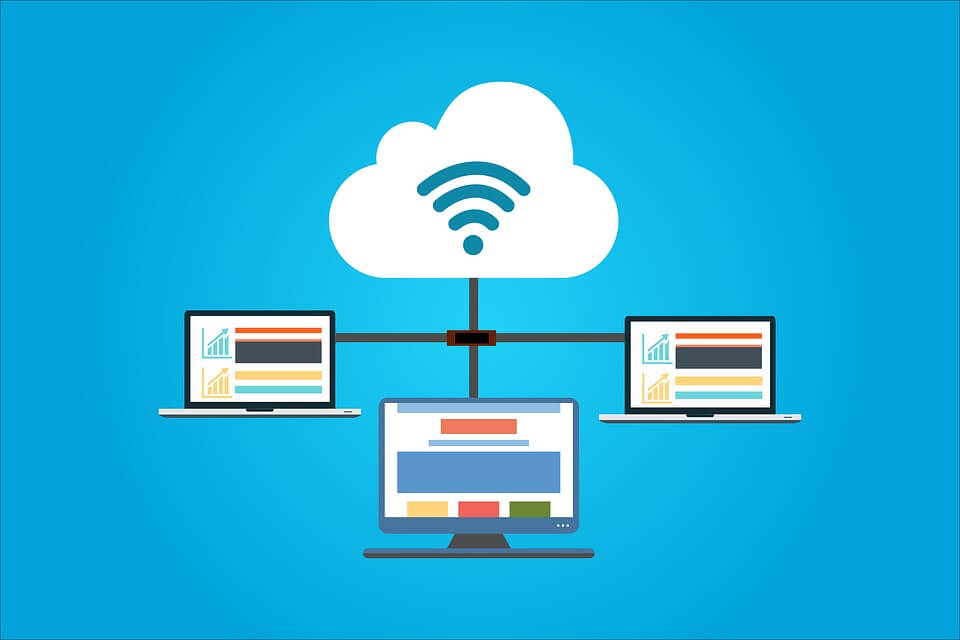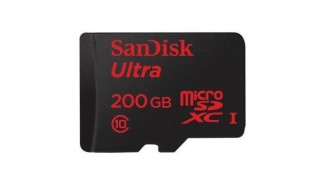The manufacturing industry is constantly evolving and adopting new technologies to stay competitive. Here are some of the most popular trends in manufacturing technology:
1. 3D Printing: Three-dimensional printing (3DP) is the process of making a three-dimensional solid object from a digital file. It has been used extensively in the medical field for the creation of prosthetics and implants. In the manufacturing industry, 3DP can be used for rapid prototyping and small-scale production runs.
2. Additive Manufacturing: Additive manufacturing (AM) is a type of manufacturing that builds objects by adding materials layer by layer. This process is also known as 3D printing or additive fabrication. AM has been used extensively in aerospace and automotive applications.
3. Advanced Robotics: Robotics technology has advanced significantly in recent years, making robots more agile and capable than ever before. In manufacturing, robotics can be used for tasks such as welding, fabricating and assembling parts.
4. Big Data Analytics: Big data is a term used to describe large sets of data that can be analyze to reveal patterns and trends. In manufacturing, big data analytics can be used to improve quality control, optimize production processes and reduce costs.

5. Cloud Computing: Cloud computing is a type of internet-based computing that provides shared computer processing resources and data storage to users. In manufacturing, cloud computing can be used for product lifecycle management (PLM), enterprise resource planning (ERP) and supply chain management (SCM).
6. Cybersecurity: With the increasing use of technology in manufacturing, cybersecurity has become a top concern. Manufacturers must implement security measures to protect their data and networks from cyber threats.
7. Industrial Internet of Things: The industrial internet of things (IIoT) is the application of the internet of things (IoT) technology in the industrial sector. In manufacturing, IIoT can be used for asset tracking, predictive maintenance, and process optimization.
8. Manufacturing Execution Systems: Manufacturing execution systems (MES) are software systems that provide real-time visibility into production processes. In manufacturing, MES can be used to track production progress, identify bottlenecks and optimize resources.
9. Product Lifecycle Management: Product lifecycle management (PLM) is a type of software that helps manufacturers manage the entire lifecycle of a product, from design to retirement. In manufacturing, PLM can be used to streamline product development, reduce costs and improve quality.
10. Supply Chain Management: Supply chain management (SCM) is the coordination of all activities in the supply chain, from raw materials to finished products. In manufacturing, SCM can be used to optimize production schedules, reduce inventory levels and increase customer satisfaction.
11. Automated marketing solutions: The use of marketing automation software is growing rapidly as manufacturers seek to improve their marketing ROI. Marketing automation software can be used to automate tasks such as email marketing, lead nurturing, and social media management. Eventually, this software might replace manufacturing digital marketing agency services.
12. Advanced Materials: New materials are being developed all the time, with many of them designed specifically for use in manufacturing applications. These advanced materials can offer improved performance, durability, and cost-effectiveness.
13. Sustainable Manufacturing: Sustainable manufacturing is the production of goods and services in a way that minimizes environmental impact while still meeting societal needs. In sustainable manufacturing, businesses consider the entire lifecycle of a product, from raw materials to disposal.
Start your digital transformation today



